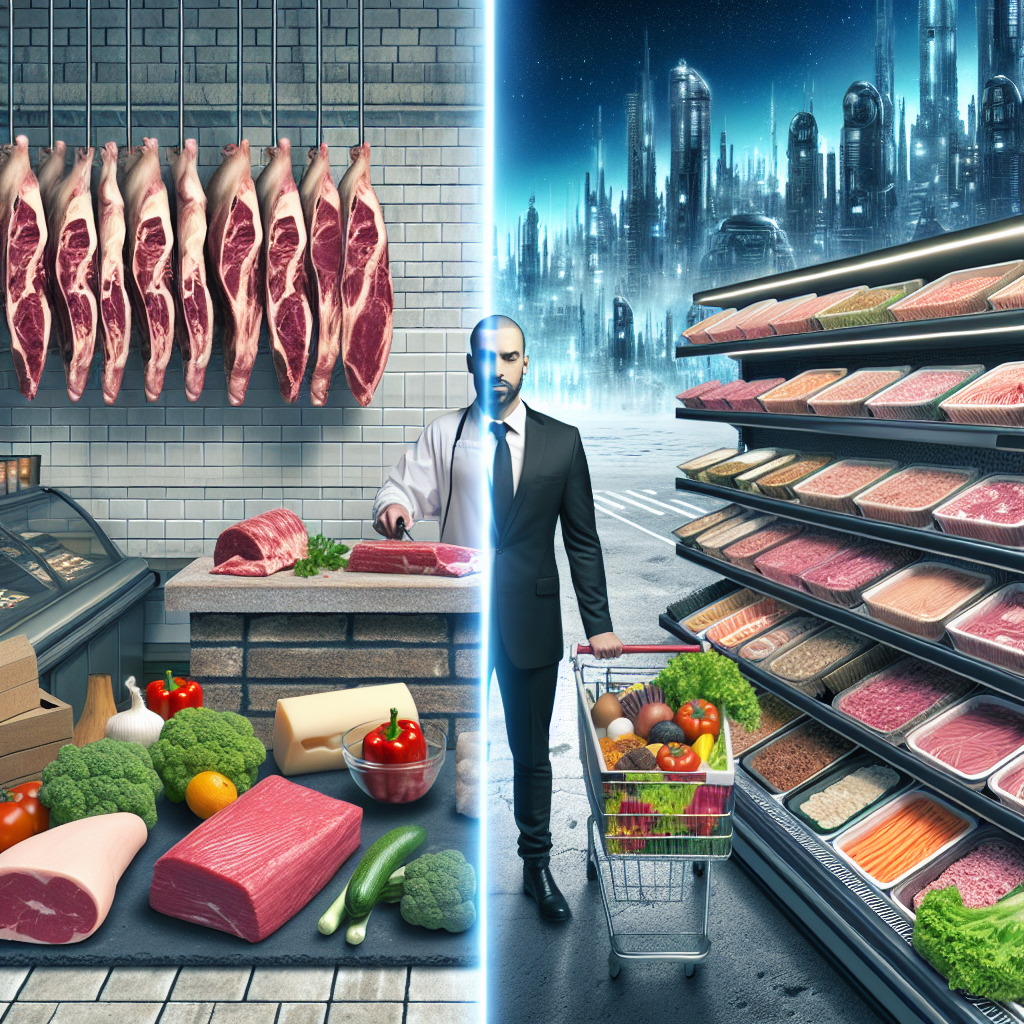As concerns about climate change, environmental degradation, and animal welfare mount, the search for sustainable food alternatives has gained momentum. Among these, meat substitutes, made from plant-based ingredients or cultivated proteins, have emerged as a significant player in the conversation about sustainable eating. But are they truly a sustainable choice for the future? Let’s explore this pressing question.
The Environmental Impact of Meat Production
Traditional meat production is a resource-intensive process. It accounts for a staggering percentage of greenhouse gas emissions, deforestation, and water usage. The UN Food and Agriculture Organization (FAO) estimates that livestock production is responsible for about 14.5% of global greenhouse gas emissions. The need for vast land areas for grazing and growing animal feed promotes deforestation, leading to biodiversity loss.
In contrast, meat substitutes typically require fewer resources. For example, producing plant-based proteins generally uses less land and water compared to raising livestock. A study from Oxford University found that adopting a vegetarian diet could reduce an individual’s carbon footprint from food by up to 73%.
Nutritional Considerations
Beyond environmental impact, the nutritional profile of meat substitutes is crucial. Many plant-based options are rich in fiber, vitamins, and minerals, while often being lower in saturated fats. However, some products, especially those aimed to closely mimic the flavor and texture of meat, may contain high levels of sodium, additives, and unhealthy fats.
Prominent companies investing in meat substitutes are also focused on improving the nutritional content of their products. The challenge remains to create alternatives that not only appeal to meat-eaters but also provide balanced nutrition.
Economic Viability
The market for meat substitutes has been increasing rapidly. According to a report by the Good Food Institute, sales of plant-based meat alternatives in the U.S. reached $1.4 billion in 2020, with a growth rate of 27% from the previous year. This increasing demand can drive innovation and lower costs over time, making these products more accessible.
However, there are challenges. The production of meat substitutes can be capital-intensive, requiring significant investment in research and technology. Large corporations currently dominate this emerging market, which raises questions about monopolization and the potential exclusion of smaller producers.
Ethical Considerations
For many consumers, the ethical implications of food choices are paramount. Meat substitutes provide an option for those concerned about animal welfare and factory farming practices. While traditional agriculture often involves inhumane treatment of animals, ethical dilemmas surrounding cultivated meat and conventional meat substitutes can vary.
Cultivated meat, produced from real animal cells without the need for slaughter, offers a compelling alternative for those who want to consume meat without ethical concerns. Conversely, the debate about genetic modifications and the naturalness of processed substitutes remains a contentious issue among various consumer groups.
The Role of Policy and Education
Governments and organizations play a crucial role in promoting sustainable food alternatives. Policies that support research in plant-based food technologies, provide subsidies for sustainable farming practices, and promote public awareness can facilitate the transition to more sustainable eating habits. Education about the benefits and potentials of meat substitutes is essential to help consumers make informed decisions.
Conclusion
Meat substitutes hold significant promise as a more sustainable food option. However, to achieve their full potential, it is vital to address issues related to nutritional value, economic viability, ethical considerations, and consumer education. As global awareness of ecological issues grows, the adoption of meat substitutes may not only reshape diets but also contribute to a more sustainable food system. The future of our food—the sustainability of our planet and health—may well depend on the choices we make today.

